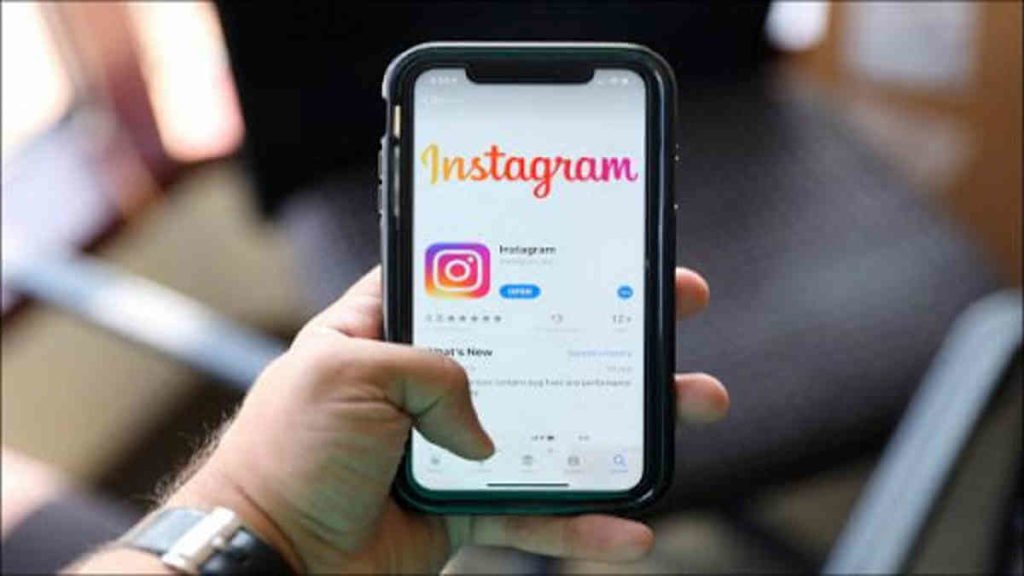As some states decide to reopen non-essential businesses, small-business owners will face unique challenges that won’t necessarily affect larger companies. Georgia Governor Brian Kemp has announced that hair and nail salons, gyms, movie theaters, bowling alleys, and restaurants are all free to reopen, and the decision has left business owners unsure of whether they should, or safely can, open their doors to customers again.
Balancing Risk and Need
Many small-business owners in the state feel as though they are stuck between a rock and a hard place. On the one hand, staying closed puts both their businesses and their employees in financial peril. On the other hand, reopening could lead to severe health problems for both workers and the public.
Andre R. Chow of Time writes that in states where lockdown orders are easing, “small business owners are grappling with state versus federal guidance, economic versus physical well-being, individual freedom versus collective good.” Mixed messages from the CDC, social media, state officials, federal officials, and anti-lockdown protesters are muddling the decision for this group.
Many salon owners have voiced major concerns over the fact that their industry is even allowed to reopen. Barbershops, hair salons, nail salons, spas, and tattoo parlors are all permitted to operate, in spite of the nature of their work. Lenon Page, a spa owner in Savannah, GA, says of the governor’s decision, “The businesses he chose to reopen first are hands-on industries—ones that can’t keep a safe distance… I feel like they made us guinea pigs so they wouldn’t have to continue with the unemployment.”

Why is it especially difficult for small businesses to reopen in a limited manner?
Not Enough Space
One of the most obvious, yet widely-ignored reasons is that many small businesses lack the physical space necessary for adequate physical distancing. For example, employees in a restaurant kitchen would be forced to constantly pass closely by each other, or even work shoulder-to-shoulder. In Atlanta, Mayor Keisha Lance Bottoms has explicitly asked residents to ignore the latest announcement by the governor for the sake of their safety, using the Twitter hashtag, #StayHomeGeorgia.
Smaller Profit Margins
The profit margins for small businesses are much more delicate than those for their larger counterparts. This means that if an owner decides to risk it and reopen and customer demand isn’t where it usually is, they might end up losing money. Small businesses take on more of a risk to their bottom line when they reopen in such an uncertain time.
Reopening would also require the business to spend on sanitization and safety supplies, adding another expense to their already unstable finances.
Difficult to Achieve a Limited Reopening With So Few Staff
If even a handful of small-business employees refuse to return to the workplace, it could be impossible for the business to reopen until it fills those vacated roles. Plus, the owner would be forced to lay off and replace employees who choose to prioritize their health over returning to the job.
Even a “limited reopening” could prove impossible. If a small business requires every employee to be present in order to function, it may be forced to stay closed until all workers are able to return to the job. While larger companies may be able to wing a partial return to work, businesses that rely on a small staff of workers may not have the manpower to operate at half-capacity.






